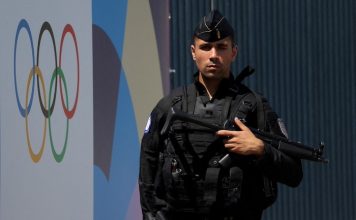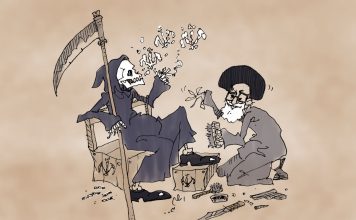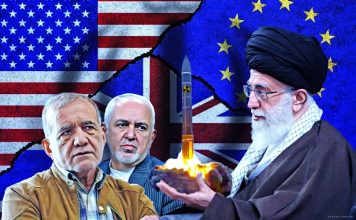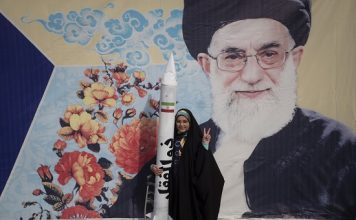By Ahmad Rafat
After a year of investigating the brutal repression of the participants in the ‘Woman, Life, Freedom’ movement, the United Nations Independent Fact-Finding Committee has presented the results of its investigation at the recent meeting of the UN Human Rights Council.
In this report, which is based on dozens of testimonies and hundreds of documents, many high and mid-level officials of the Islamic Republic have been accused of “crimes against humanity.”
The Fact-Finding Committee, which consists of three female lawyers, has also compiled a list of individuals and institutions accused of “crimes against humanity.” Although these names have not been published, for reasons that have not been disclosed, they will be made available to the member countries.
“Crime against humanity” is defined in the treaty that established the International Criminal Court – which is known as the Rome Statute. That treaty was adopted in Rome in July 1998, and entered into force in July 2002.
Out of 160 countries that attended the Rome meeting in 1998, 148 voted for the statute and for the creation of the International Criminal Court. The Islamic Republic did not vote for this statute and announced that it does not recognize the International Criminal Court, which is based in The Hague, the capital of the Netherlands.
What is a “crime against humanity” and what crimes does it include? Kayhan Life’s Ahmad Rafat put the question to Omid Shams, a human rights lawyer who collaborated with the Independent Fact-Finding Committee in gathering evidence for it.
Iran Regime Violations May Amount to Crimes Against Humanity – UN Expert













